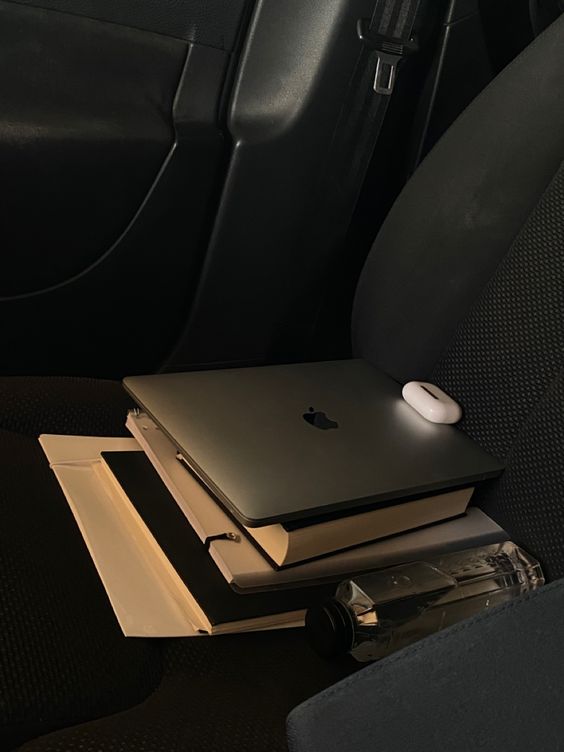How to Start Business with No Money
The common misconception about starting a business is that you need substantial capital to launch business and turn your ideas into reality. However, with strategic planning, creativity, and determination, it’s entirely possible to start business with no money (or little money). In this post, I will explore actionable steps and resourceful strategies to kickstart your venture without breaking the bank.
The Myth of Money: How to Overcome Financial Barriers
Starting a business without money may seem strange, but it’s essential to fight the myth that significant capital is the only path to success and that business is only for already wealthy people. Let’s talk about practical steps to navigate the financial barriers and start business with no money.
1. Leverage Your Skills and Talents:
Identify your unique skills and talents that can be turned into a service or product. Offering services such as consulting, writing, or graphic design requires minimal upfront costs. Freelancing or consulting projects often do not require initial investment, so it might be a great answers to how to start business with no money.
2. Validate Your Idea:
Before investing any money, validate your business idea. Engage with potential customers through surveys, social media, or a small pilot program to ensure there’s a demand for your product or service. Read more about how to validate your business idea here.
3. Embrace the Lean Startup Model:
Adopt the principles of the lean startup model, focusing on creating a minimum viable product (MVP) to test the market. This approach allows you to gather feedback and make improvements without significant financial investment. Lean Startup is a model of business that aims to cut unnecessary costs, so you could start a business with no big money (but some small initial investments still might be needed).
Start a Business with No Money: Practical Steps
Build a Solid Business Plan
Craft a comprehensive business plan outlining your business model, target market, and revenue streams. A well-thought-out plan serves as your roadmap and can attract potential partners or investors. Read more about how to make a business plan in this post.
Use Free Online Resources:
Utilize free online tools and platforms for essential business functions. From website development (using platforms like Wix or WordPress) to graphic design (with tools like Canva), the internet offers a wealth of resources at no cost. If you still need services of professionals (developers, designers, etc), consider going to freelances, not to agencies in order to save some money.
Bootstrap Your Marketing
Embrace guerilla marketing tactics and leverage social media platforms to promote your business. Engage with your target audience organically, create shareable content, and harness the power of word-of-mouth marketing. Read more about how to bootstrap your business here.
Barter and Trade Services
Explore partnerships with other businesses or freelancers for a mutually beneficial exchange of services. Bartering allows you to access expertise without the need for monetary transactions.
Try Crowdfunding
Leverage crowdfunding platforms like Kickstarter or Indiegogo to raise funds from a community of supporters. Craft a compelling campaign that communicates your vision and resonates with potential backers. This works especially good if your business or product solves a problem that a lot of people have.
Negotiate Flexible Payment Terms
Negotiate with suppliers and service providers for flexible payment terms. Establishing good relationships can lead to favorable terms, allowing you to manage cash flow more effectively.
Seek Mentorship and Guidance
Connect with experienced entrepreneurs or mentors who can provide guidance and advice. Their insights can be invaluable as you navigate the challenges of starting a business with limited resources.
Optimize Your Personal Finances
Cut unnecessary personal expenses and allocate those savings to your business. Being frugal in your personal life can free up funds to invest in critical aspects of your startup. Of course, everyone’s situation is different, so only can decide how much of personal money you can invest in your business.
Conclusion
Starting a business with no money requires a combination of resourcefulness, strategic planning, and a willingness to think outside the traditional financial box. By leveraging your skills, validating your idea, and adopting a lean approach, you can overcome financial barriers and launch a successful venture. The key is not the amount of money you have but the ingenuity and resilience you bring to the entrepreneurial world.
![Top 25+ Elder Care Business Opportunities [Updated 2025] Top 10 Elder Care Business Opportunities](https://businessher.com/wp-content/uploads/2025/01/1b416bb2f666673524a40ab7f587ec5c-150x150.jpg)

















Post Comment